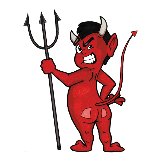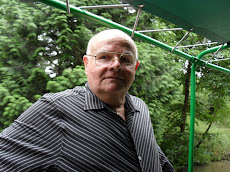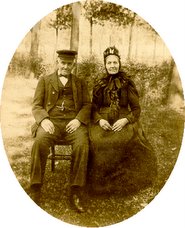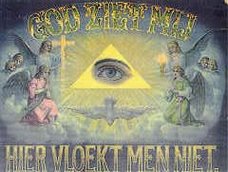Genealogy can be quite complicated as surnames tended to change from one generation to another, from one priest who scribbled down the parish records to another.
Sometimes surnames changed inside a single household, with various children of identical parents bearing (slightly) different surnames. Most people could not write or read. Speaking invariably with a local or regional accent, they gave their surname to the official who wrote down what he heard or understood. That sometimes turned out to be someting quite different. It most often happened when he did not know the family well, or when people came from elsewhere.
In Brabant my surname was well understood and written as Timmermans, with a very few exceptions (Temmermans). But had my ancestors moved to Flanders, my name would probably have been Temmerman ... that's a simple case.
My maternal grandmother's name which holds no directly perceived meaning was understood in a lot of ways : Ravijst, Ravijts (the same names with a "y") ; Raveyts, Ravets, Favets, Ravats and so on and so forth. The less the name meant to the official, the greater the variations were.
We have to cope with that.
But there is something which I find much more difficult to cope with. I'm referring to colleagues genealogists who translate the Flemish or Latin christian names of their ancestors in their own language. This often happens often in Belgium with French speaking genealogists. The opposite is quite rare ...
By the way, during the French occupation late in the XVIIIth and early in the XIXth century, officially everybody was given a French first name. Thus hundreds or thousands of people, who never spoke or understood a word of French, and wanted their child to be called Jan, Petrus, Cornelis or Karel, ended up with a Jean, Pierre, Corneille or Charles.
Some present day genealogists believe they are still living in that period. How can one have any respect for one's ancestors if one cannot even respect their names ?
Subscribe to:
Post Comments (Atom)







No comments:
Post a Comment